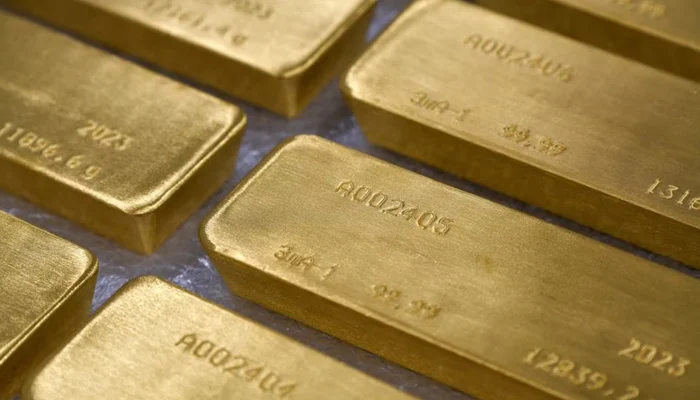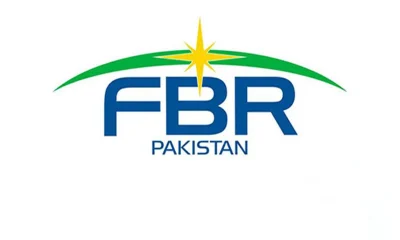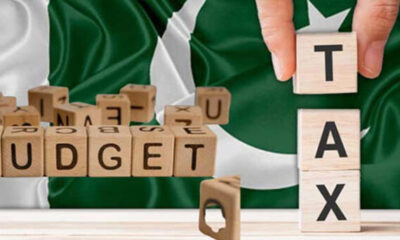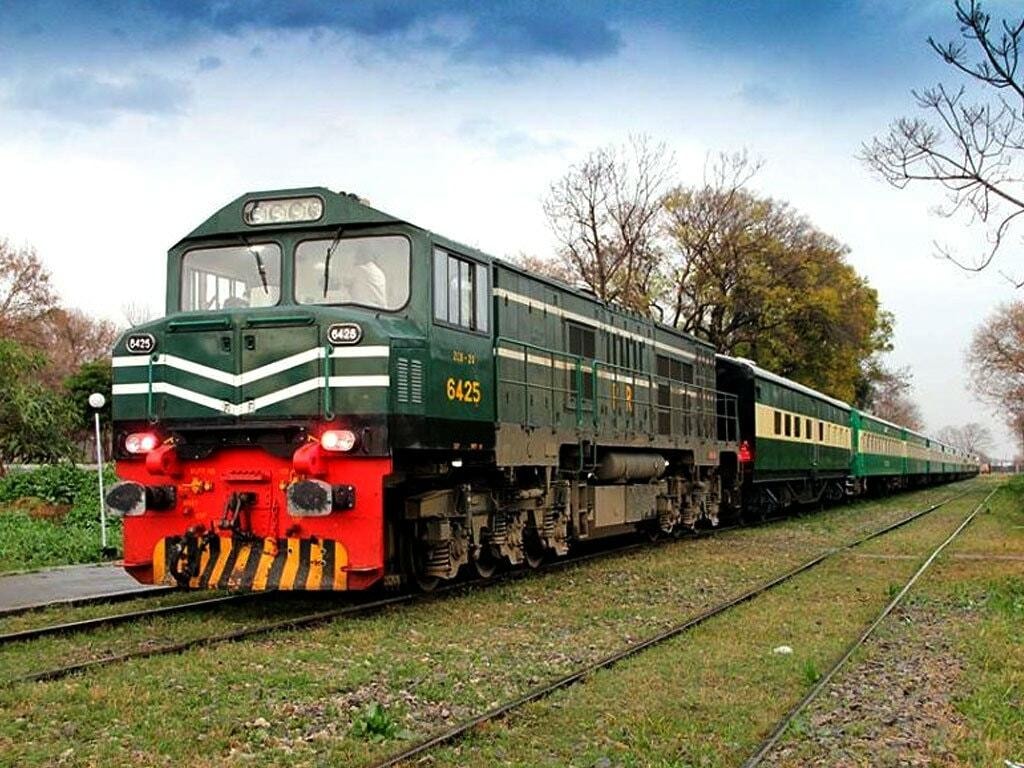- Task force will take decisive measures against illegal activities.
- It has prepared lists of mafia and smugglers to kick-start action.
- Govt decides to start work on computerising gold trade.
ISLAMABAD: Intelligence and law enforcement agencies have initiated a major operation to combat gold smuggling and the “gold mafia,” The News reported on Friday.
According to sources, a task force comprising the agencies has been constituted to take decisive measures against illegal activities.
The sources told The News that the objective behind constituting the task force is to nab the smugglers so that legal action could be taken against them.
It was further learnt that the task force had also prepared lists of mafia and smugglers and action against them was in the offing.
Moreover, the government also decided to start work on a war footing to computerise the sale and purchase of gold and bring the gold dealers into the tax net.
“This step will benefit both the people and the country,” the sources said, adding that the gold price was already on the decline.
It may be pointed out here the gold price over the last two weeks has come down from Rs236,000 per tola to Rs214,000 per tola.
Traders stop issuing bullion rates
Meanwhile, The News also reported regarding the closure of Karachi’s bustling gold market for the second consecutive day on Thursday following the crackdown reportedly by the authorities.
The market, one of the largest in Pakistan, did not issue new gold rates as reports emerged of raids and arrests in some sections of the market, a local trader who declined to be named, said.
Traders have also stopped issuing bullion rates for the last two days. The price of 24-carat gold had closed at Rs215,000 per tola (11.66 grams) on Tuesday and since then, the All Pakistan Gems and Jewellers Sarafa Association has not updated the market price.
Onlookers and stakeholders in the industry were also met with silence as no official rates were announced by the All Sindh Saraf Jewellers Association.
Attempts to reach out to market participants for insights on the situation proved futile, with most refusing to comment. However, when pressed about the possible reason behind the market’s closure, one spokesperson cryptically responded, “You know better than us”.
The veil of silence shrouding the gold market appears to be linked to recent law enforcement activities targeting gold smuggling. Reports have emerged of four gold smugglers being apprehended by authorities on Wednesday.
In the wake of these developments, the gold market has largely ceased its usual operations, with many traders switching off their phones and refraining from returning calls.
Speculation is prevalent that the closure of the gold market is related to recent incidents in which gold prices experienced a sharp decline. However, the prices in the local market were raised despite a concurrent decline in the international gold market and the strengthening of the rupee.
Traders said it is suspected that certain market participants may have sought to manipulate gold rates for their own gain. This manoeuvre allegedly led to a staggering increase of Rs5,600 per tola in local gold prices, driving rates to Rs215,000 per tola on Tuesday.
This perplexing price hike stood in stark contrast to the global trend, where gold rates had decreased by $15, settling at $1,911 per ounce on Tuesday.
The sudden fluctuation in gold prices has puzzled industry observers and investors, especially considering that gold rates had dipped to Rs209,400 per tola on Monday, September 11. Just weeks prior, on August 31, gold had reached its second-highest rate of Rs239,800 per tola.
While the gold market often experiences fluctuations, the current situation has raised eyebrows due to its enigmatic nature.
As market regulators and law enforcement agencies investigate the circumstances surrounding the gold market closure and price surge, there is growing hope for greater transparency and accountability in the industry in the near future.

 Business10 hours ago
Business10 hours ago
 Latest News11 hours ago
Latest News11 hours ago
 Business11 hours ago
Business11 hours ago
 Pakistan11 hours ago
Pakistan11 hours ago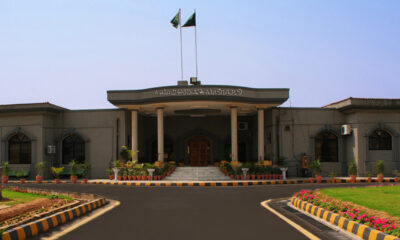
 Latest News11 hours ago
Latest News11 hours ago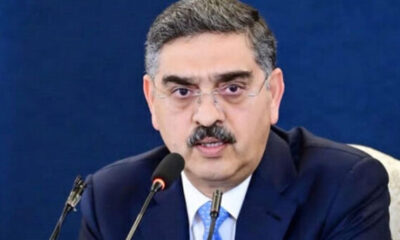
 Latest News11 hours ago
Latest News11 hours ago
 Latest News10 hours ago
Latest News10 hours ago
 Business11 hours ago
Business11 hours ago
